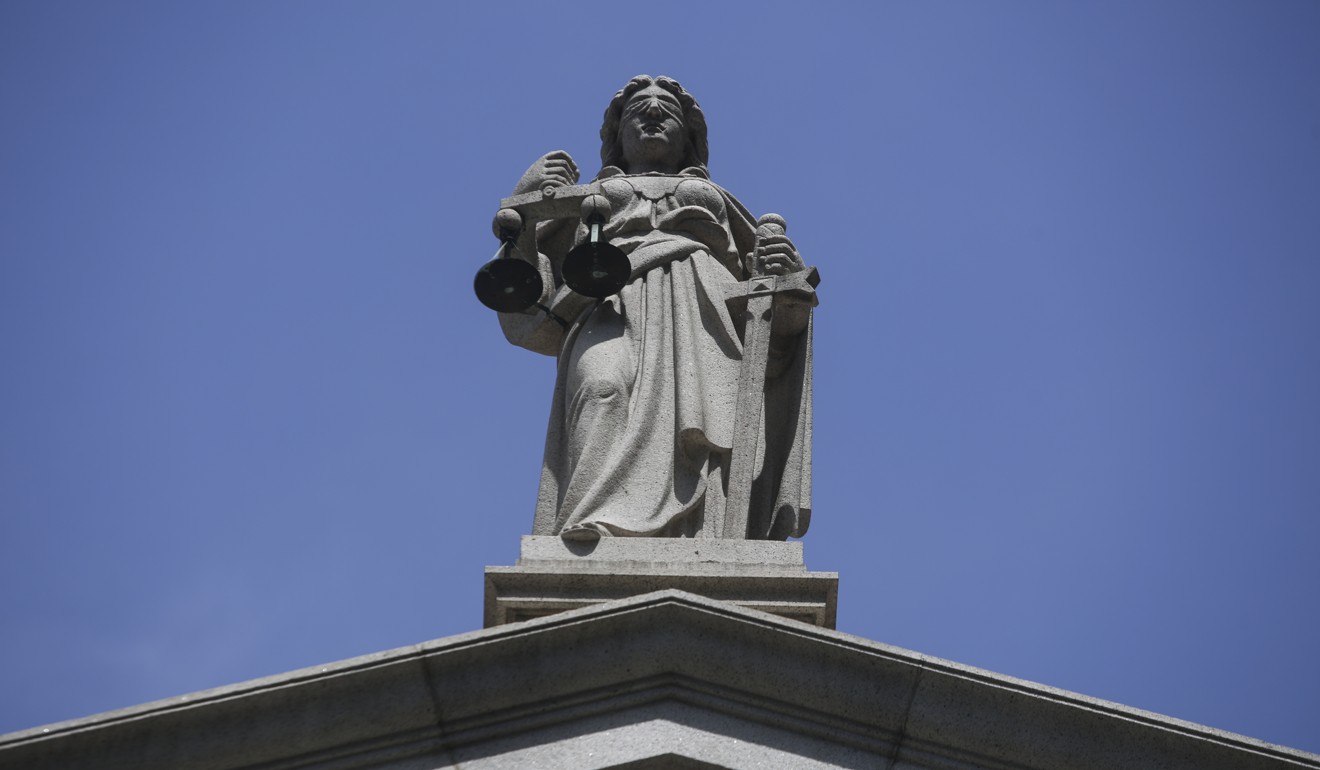
European Parliament delegation raises concerns over Basic Law interpretation, media censorship
Chairman of body dealing with China made comments on final day of three-day visit to Hong Kong
A delegation from the European Parliament concluded its three-day visit to Hong Kong on Thursday on a jarring note, saying it was concerned about Beijing’s interpretations of the city’s mini-constitution and self-censorship.
The parliament is the legislative body of the European Union.
It shows that the international community is very concerned about Hong Kong’s affairs
Leung, Yau and four other pro-democracy lawmakers were unseated in separate government-initiated litigations after the court ruled their oath-taking antics breached the law.
Since Hong Kong was handed from British to Chinese rule in 1997, the standing committee has interpreted the Basic Law five times: in 1999, 2004, 2005, 2011 and last year
Can Beijing’s power to interpret Hong Kong’s Basic Law ever be questioned?
A government spokesman said on Thursday the government had “always safeguarded and will continue to safeguard the rule of law, which is no doubt a core value of Hong Kong”.
Legal sector lawmaker Dennis Kwok, of the Civic Party, said he met Leinen on Tuesday for an hour and that Leinen’s remarks echoed his own.
“It shows that the international community is very concerned about Hong Kong’s affairs,” the pan-democrat said. “They are happy to see Hong Kong thriving but also concerned about its rule of law. Hong Kong is a very important part of the international community.”

But pro-establishment lawmaker Priscilla Leung Mei-fun, of the Business and Professionals Alliance for Hong Kong, said Leinen might not understand the uniqueness of the “one country, two systems” principle.
She said the Basic Law stipulated that China’s legislative body had the power to interpret the Hong Kong law, which was what “one country” meant.
“China has been highly restrained in such interpretations,” said Leung, who is also a City University law professor. “We need to understand the Basic Law is not just about Hong Kong.”

